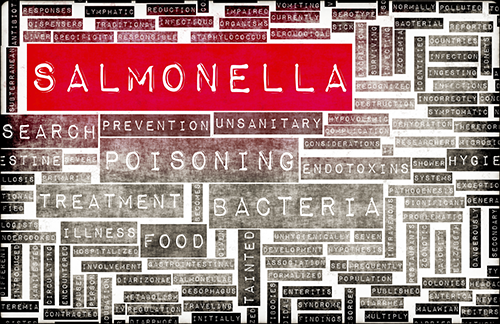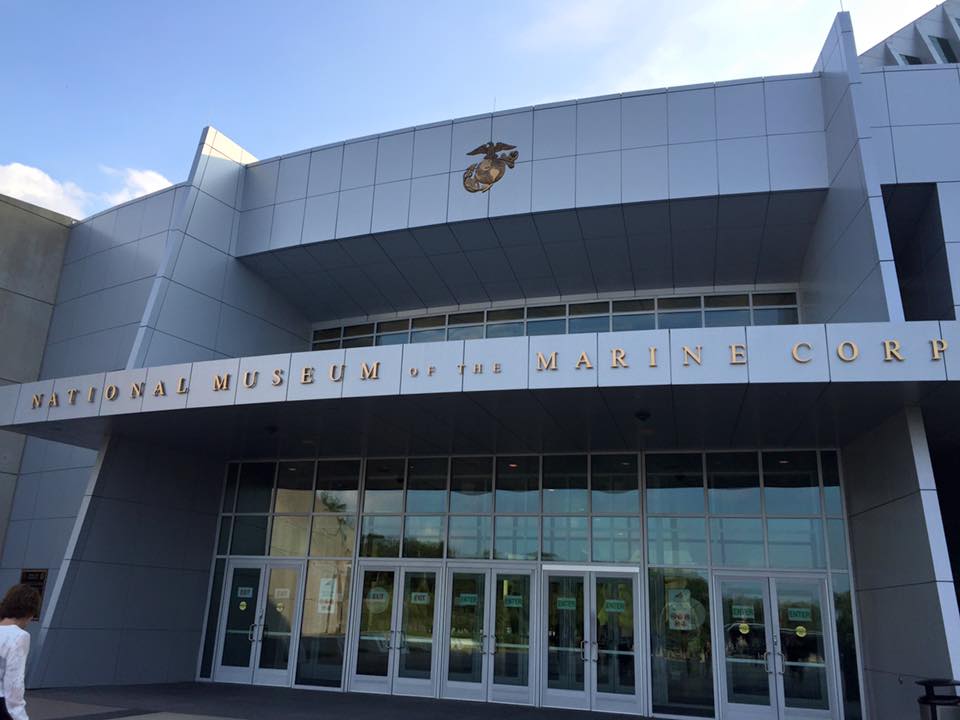When I was an in-house corporate meeting planner, one of the executive assistants used to call me “everybody’s mamma.” Whether it was purchasing new jeans for the CEO because he forgot his, ordering a low-salt meal for the executive vice president with a heart condition, finding hotel rooms for 30 sales staff stranded in Dallas due to bad weather, or getting the vice president of marketing to the hospital when she was sick at an event, I responded to everyone’s needs and wants.
Although I didn’t realize it at the time, all of these incidents (except the CEO’s jeans) fall under my responsibilities as an event planner in what is termed “duty of care.” As “everybody’s mamma” and a responsible event professional, it was just what I felt I had to do.
Today, the principal of duty of care is gaining traction in the travel and meetings industry with a growing awareness around enhanced travel risk management practices. Although, its definition may vary across continents, simply put, duty of care relates to an organization’s (or individual’s) obligation to protect its employees, meeting attendees and others from harm. According to the white paper, “Duty of Care—Are You Covered?” published by iJET, duty of care is fast becoming “a powerful principle in determining corporate responsibility in the United States, Europe and elsewhere.”
Major travel management companies (TMC) such as American Express Global Business Travel (GBT) have incorporated the concept of duty of care into its policies and traveler care solutions for customers. AX Connect, GBT’s platform and mobile app, enables companies to locate, communicate with, and prioritize aid to travelers impacted by a travel disruption. Philippe Chereque, Chief Technology Officer, at GBT says, “as business becomes increasingly global and corporations make investments in corporate travel to drive growth, employee care continues to be a top priority for GBT customers worldwide.”
The ANVIL Group, another TMC, helped facilitate immediate medical care for a corporate traveler from Kenya who was rushed to hospital in Madrid with a major stroke. Because his employer had contracted and set up policies and procedures, ANVIL was able to immediately swing into action and give the employer and the his family expert assistance in a crisis.
And while most articles and white papers on duty of care discuss to the risk associated with business travel—insurance, corporate travel policies, destination intelligence, airline safety, hotels, ground transport—and the information needed on employees to ensure their safety, I think there is one glaring risk missing. Food safety.
 Food safety means managing the potential risks associated with foodborne illnesses, food allergens and other dietary requirements necessary to maintain the health and well-being of consumers (and meeting participants). When eating in the company cafeteria, traveling for a business meeting or attending a corporate outing, the health and safety of employees and other attendees can be the company’s legal responsibility and uncovers a new level of duty of care.
Food safety means managing the potential risks associated with foodborne illnesses, food allergens and other dietary requirements necessary to maintain the health and well-being of consumers (and meeting participants). When eating in the company cafeteria, traveling for a business meeting or attending a corporate outing, the health and safety of employees and other attendees can be the company’s legal responsibility and uncovers a new level of duty of care.
In the next two posts, I’ll be discussing laws that mandate corporate responsibility of employee safety, particularly as it relates to food. Meanwhile, I’d like to hear from you: When have you gone above and beyond to ensure the well-being of meeting attendees? Tell us your story in the comments below.



